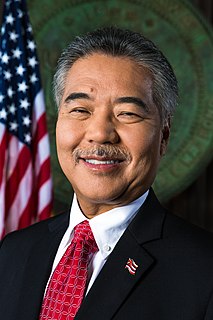A Quote by Kris Kobach
I think all nonpresidential elections are won or lost by motivating your own voters.
Related Quotes
'Elections have consequences,' President Obama said, setting his new policy agenda just three days after taking office in 2009. Three elections later, the president's party has lost 70 House seats and 14 Senate seats. The job of Republicans now is to govern with the confidence that elections do have consequences, promptly passing the conservative reform the voters have demanded.
The people who lost the elections do not want to admit that they really lost, that the one who won was closer to the people and better understood what ordinary voters want. They are absolutely reluctant to admit this, and prefer deluding themselves and others into thinking it was not their fault, that their policy was correct, they did all the right things, but someone from the outside thwarted them. But it was not so. They just lost and they have to admit it.
These are the three main diseases of this country, sir: typhoid, cholera, and election fever. This last one is the worst; it makes people talk and talk about things that they have no say in ... Would they do it this time? Would they beat the Great Socialist and win the elections? Had they raised enough money of their own, and bribed enough policemen, and bought enough fingerprints of their own, to win? Like eunuchs discussing the Kama Sutra, the voters discuss the elections in Laxmangarh.
To be clear, no one is saying there weren't any legitimate economic grievances in Trumpland, nor is anyone claiming that the economy played no role whatsoever. The point, however, is that it wasn't the major motivating factor for most Trump voters - or, at least, that's what we learn when we bother to study those voters. Race trumped economics.
How did abortion and birth control impact the congressional race of Dan Maffei and Ann Marie Buerkle or the presidential race between Barack Obama and Mitt Romney? I don't know. But I think the so-called social issues were front and center in the minds of voters. These issues may indeed have lost the Republicans some elections.
I think primary voters have a right to know. And Donald's Trump excuse of it that he's being audited, look, that makes it even more important for him to release his taxes, so that voters can see if there is - Mitt Romney suggested there could be a bombshell there. I don't know if there is or not. But Donald is hiding them from the voters, and I think he owes candor to the voters.
































